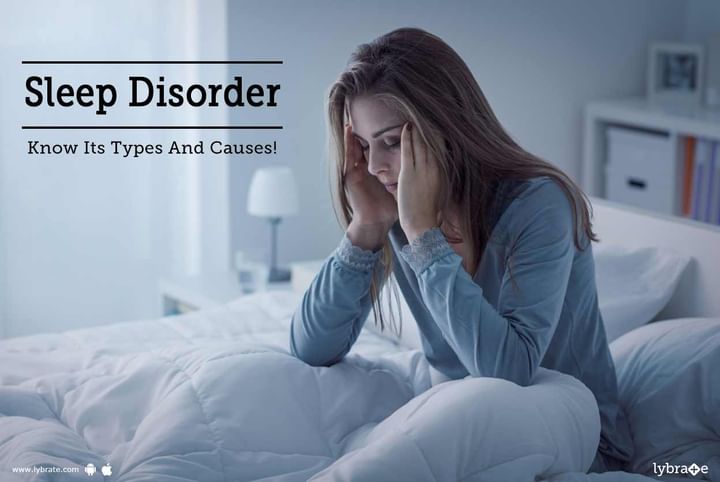Sleep Disorder - Know Its Types And Causes!
Getting a good night’s sleep is essential for a healthy lifestyle. When a person is asleep, the body rejuvenates itself. Some people can fall asleep as soon as their head touches the pillow but others can find it hard to sleep. Conditions that affect a person’s ability to sleep properly over a long period of time are known as sleep disorders. There are many different types of sleep disorders.
Obstructive Sleep Apnea
Sleep apnea is a very common sleep disorder. This is marked by frequent interruptions in the person’s breathing. It may cause the person’s breath to become shallow or even stop briefly. In many cases, the person may not be aware of this happening while they sleep. Obstructive sleep apnea is caused by a partial or complete obstruction of the upper airway. This makes the chest muscles and diaphragm work harder to pull air into the lungs.
Insomnia
Insomnia can be described as an inability to fall asleep. Waking up frequently in the middle of the night and finding it difficult to go back to sleep or waking up earlier than planned in the morning are also characteristic signs of insomnia. There are two types of insomnia; primary and secondary insomnia. Primary insomnia refers to the inability to sleep that is not connected to any other disease. If the person’s inability to sleep stems from another disease, it is known as secondary insomnia. There are a number of factors that could cause insomnia. This includes life changes such as shifting to a new home, death of a loved one or change of jobs, emotional discomfort, environmental factors such as light or noise, jet lag, stress, etc.
Restless Leg Syndrome
This sleep disorder is also classified as a neurological disorder. It is characterized by an overwhelming urge to move one’s legs while sleeping. This may be felt as a scratchy itchy, burning, pulling or throbbing sensation. Massaging the legs or moving it only provides temporary relief. The exact cause of this condition is not known but suffering from an iron deficiency, kidney failure, diabetes, Parkinson’s disease or peripheral neuropathy can increase the risk of this sleep disorder.
Narcolepsy
This can be described as the brain’s inability to control its sleep cycle. This can make a person fall asleep unexpectedly during the day while falling asleep at night becomes more difficult. In most cases, this sleep disorder is caused by reduced levels of a neurotransmitter known as hypocretin.
So, if you are experiencing any of the above symptoms or have difficulty sleeping, it is advised not to self-medicate and delay the treatment. Seek help from a professional right away and enjoy peaceful sleep. In case you have a concern or query you can always consult an expert & get answers to your questions!



+1.svg)
